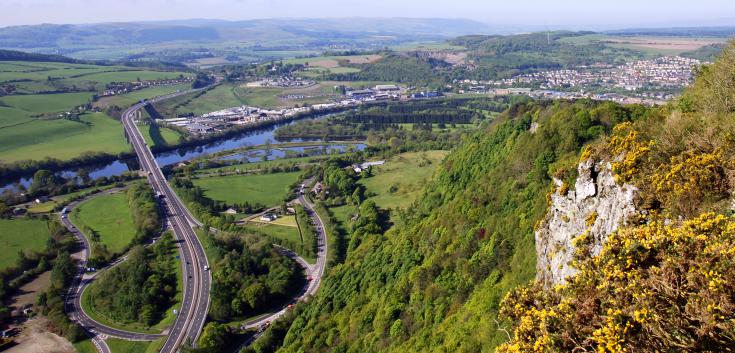Training courses
CEP has a long track record of providing training courses and capacity building in a range of topics, including environmental assessment, spatial planning and climate change adaptation. These have been as tailor-made in-house training workshops and in association with external organisations (e.g. Imperial College London School of Continuing Professional Development; Local Government Association, Environment Agency, Historic Scotland). Our recent training programmes, run in association with the Ecosystems Knowledge Network can be seen below, the first of which was repeated in November 2018 and will happen next in June 2019.
Incorporating natural capital and ecosystem services into environmental assessment: EXPLORING BEST PRACTICE
The ecosystem services concept is an increasingly popular way of describing the diverse range of benefits people receive from the environment. It is a term used in national and local planning policy in various jurisdictions of the UK with a view to ensuring that planning and management decisions build resilience and take into account the multiple benefits provided by the natural environment. Natural capital is a popular term too, referring to the 'stock' of natural features and processes that collectively provide ‘flows’ of ecosystem services. Businesses and the public sector are beginning to undertake natural capital assessments of areas of land they own or depend on.
For this reason, there is now strong interest in what ecosystem services and natural capital mean for Environmental Impact Assessment (EIA), Strategic Environmental Assessment (SEA) and Sustainability Appraisal (SA). One key factor is the framing of the natural environment as an opportunity, benefit or asset as opposed to simply a constraint or backdrop to absorb impacts.
Dates and venues
Taster webinar 7 October 2016
26 June, 2019 - Leeds
Participatory land use planning and the ecosystem approach: what, when and how
In many countries around the world, participatory land use planning is a well-established approach to making decisions about the use and management of land, water and natural resources. The approach is intended to transform the way in which local communities and organisations are involved in these decisions. The aim is to achieve more ‘sustainable’ outcomes for everyone.
Participatory land use planning and the ecosystem approach focus on people, joined-up decisions and sustainable use and management of natural resources. As such, they are highly complementary. Professionals involved in land use planning and management need to know what these concepts mean in practice so they can work towards the best possible outcomes for the clients and local communities that they serve.
Dates and venues
Taster Webinar 1.00-130pm 13 July 2017


